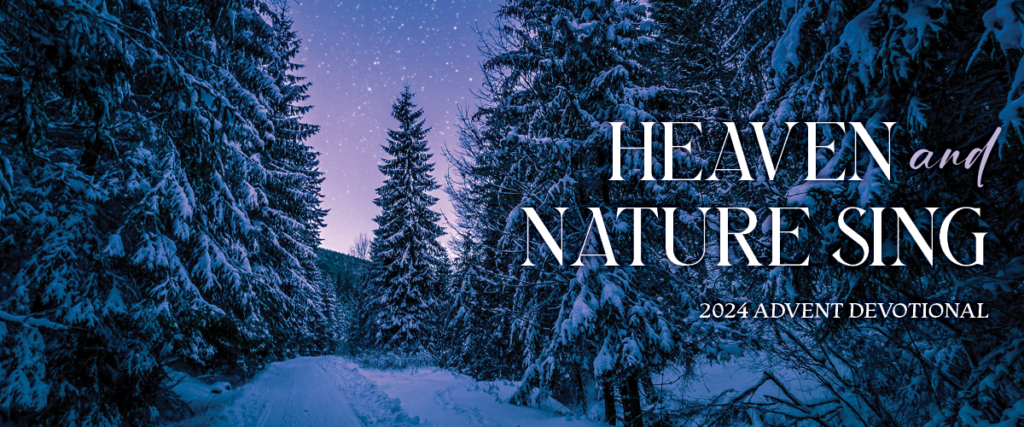
Oh that you would rend the heavens and come down,
that the mountains might quake at your presence—
as when fire kindles brushwood
and the fire causes water to boil—
to make your name known to your adversaries,
and that the nations might tremble at your presence!
When you did awesome things that we did not look for,
you came down, the mountains quaked at your presence.
From of old no one has heard
or perceived by the ear,
no eye has seen a God besides you,
who acts for those who wait for him.
You meet him who joyfully works righteousness,
those who remember you in your ways.
Behold, you were angry, and we sinned;
in our sins we have been a long time, and shall we be saved?
We have all become like one who is unclean,
and all our righteous deeds are like a polluted garment.
We all fade like a leaf,
and our iniquities, like the wind, take us away.
There is no one who calls upon your name,
who rouses himself to take hold of you;
for you have hidden your face from us,
and have made us melt in the hand of our iniquities.
But now, O LORD, you are our Father;
we are the clay, and you are our potter;
we are all the work of your hand.
Be not so terribly angry, O LORD,
and remember not iniquity forever.
Behold, please look, we are all your people.
Isaiah 64:1–9
The words of the prophet in Isaiah 64 have a profound message for Advent — a time of waiting, preparation, and introspection. To appreciate the weight of the words of the prophet here, it helps me to think about who the prophets of the Hebrew Bible were and what they were up to.
Abraham Joshua Heschel, a Jewish Rabbi probably most well known as a colleague and ally of Martin Luther King, Jr., in the civil rights movement, wrote extensively about the biblical prophets. He asks: “What manner of human being is a prophet?” And he concludes that a prophet is a very lonely person. Someone without a friend or ally in the world.
“To a person endowed with prophet sight,” Heschel claims, “everyone else appears blind; to a person whose ear perceives God’s voice, everyone else appears deaf. No one is just… The prophet hates the approximate, he shuns the middle of the road… There is nothing to hold to except God… Carried away by the challenge, the demand to straighten out humanity’s ways, the prophet is strange, one-sided, an unbearable extremist” (The Prophets, 1962).
Heschel also wrote that the prophet is someone “who feels fiercely. God has thrust a burden upon his soul, and he is bowed and stunned at man’s fierce greed” (Thunder in the Soul, 1952).
“Above all,” Heschel concludes, “the prophets remind us of the moral state of a people: few are guilty, but all are responsible.” And he emphasizes: “An individual’s crime discloses society’s corruption” (The Prophets, 1962).
In Isaiah 64, the prophet is looking out at the people and looking up at God at the same time — confessing on behalf of the people that our world is not the way it should be, acknowledging that we collectively bear responsibility for the world we have made, and calling out to the people to come together to enact a more just human existence. To more fully embrace our calling as God’s people.
As we mark the incarnation — the fullest manifestation of God among all of God’s beloved people — may we have the vision of the prophets and their capacity to feel the mountains quake as we look around us and take stock of the world we have created and how far our collective iniquities fall from what God requires of us. And may we find our hope for a better world in Jesus and the path he came to show us.
Dr. Roger Baumann is an assistant professor of sociology and director of peace and justice studies at Hope College.

Scripture quotations are from the ESV® Bible (The Holy Bible, English Standard Version®), copyright © 2001 by Crossway, a publishing ministry of Good News Publishers. Used by permission. All rights reserved.

